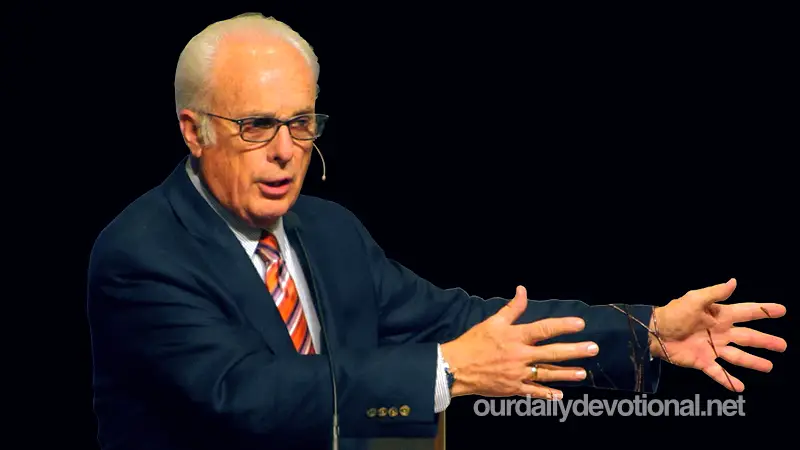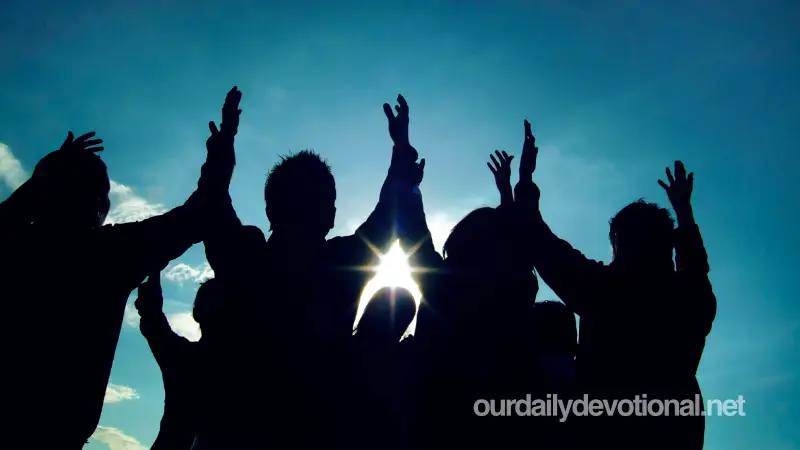(a) LOW PLACES.
(also called "deep") of the earth, valleys (Isa. 44:23).
Also the abode of spirits detached from the body (Ps. 63:9; Eph. 4:9); in Ps. 139:15 it means the womb.
(b) HIGH PLACES.
(Heb.: "bamah").
Places that were chosen to worship, either the true God or idols; It could be applied to the sanctuaries themselves. They were erected in high places (Num. 22:41; 1 Kings 11:7; 14:23), in or near cities (2 Kings 17:9; 23:5, 8), and even in the valleys (Jer. 7:31; cf. Ez. 6:3).
The Israelites were expressly ordered to destroy the sanctuaries of the Canaanites when they conquered the country (Num. 33:52; Deut. 33:29). The Moabites also had high places (Num. 21:28; 22:41; Josh. 13:17).
The cults celebrated in high places were often accompanied by great degradation (Hos. 4:11-14), and immorality reigned among those who went to these sanctuaries (Jer. 3:2; cf. 2 Chron. 21:11).
An altar was erected there (1 Kings 12:32), which could also form an integral part of the rock formation of the elevation, as in Petra; From this level high place steps ascended to the altar, near which stood a wooden Asherah.
Not far from there, a stela, or a series of stelae, uncarved stones, measuring 1.80 m, used to rise. or more; They were standing as in Gezer or Petra (1 Kings 14:23; Jer. 17:2).
There were houses associated with these sanctuaries (1 Kings 12:31; 2 Kings 23:19), in which the idols were housed (2 Kings 17:29, 32), and undoubtedly for other purposes. There were benches around the sacred place, or else a hall in which the worshipers could gather and there eat the portions separated in the solemnities of the sacrifice (1 Sam. 9:12, 13, 22).
There were priests who officiated at the services in the high places (1 Kings 12:32; 2 Kings 17:32, 33), burning incense and offering sacrifices (1 Kings 13:2; cf. 3 :3).
At certain times, the Israelites worshiped the Lord in high places, but the Law prohibited this, stipulating that there should be only one altar for all Israel. The object of this ordinance was multiple: to favor the development of national sentiment, to protect the people from possible divisions, to prevent the development of an idolatrous religion and from losing contact with the religion of Jehovah; and also prevent its corruption.
This regulation also tended to guarantee the existence of a national sanctuary, which allowed for a splendid cult in honor of Jehovah, worthy of his infinite greatness and far surpassing pagan ceremonies.
The celebration of the cult of Jehovah in high places only occurred in contravention of the provisions left by God, and in times of national disorder, in which the divine order had been destroyed from within or from without due to previous infidelities of the people. . When there was no national sanctuary, which occurred when God left Shiloh and before the construction of the Temple (Ps. 78:60, 61, 67-69; 1 Kings 3:2, 4; 2 Chron. 1:3) .
In the war between Jehovah and Baal in the northern kingdom, Elijah prepared a sacrifice on a high place, which was consumed by fire from heaven, showing the contrast between Baal's powerlessness and God's sovereign power even in a land thrown into idolatry and disobedience. (See ALTAR.)
To please his pagan wives, Solomon committed the very serious sin of raising the high places on the "mountain of destruction" (part of the Mount of Olives) in honor of Astarte, Chemosh, Milcom, also called Molech (2 Kings). . 23:13).
In order to diminish the prestige of the sanctuary in Jerusalem, Jeroboam had sanctuaries erected on the high places of Bethel, installing priests there (1 Kings 12:31, 32; 13:33). His intention was to organize an independent cult of Jehovah, but mixing with it idolatrous symbols (1 Kings 12: 28-33; 13: 2).
The prophets vehemently attacked these high places (1 Kings 13:1, 2; Hos. 10:8). There were high places not only in Bethel, but also in other cities of Samaria (1 Kings 13:32; 2 Kings 17:32; 2 Chron. 34:3). The cleansing effort of Kings Asa and Jehoshaphat had no lasting effects (1 Kings 15:14; 22:44; 2 Chron. 14:4; 15:17; 17:6).
Jehoram, son of Jehoshaphat, built high places in the mountains of Judah (2 Chron. 21:11). Ahaz, king of Judah, also erected altars to pagan gods; he offered sacrifices to them and burned incense to them (2 Chr. 28:4, 25). Hezekiah destroyed the idols (2 Kings 18:4, 22), but Manasseh worshiped them again (2 Kings 21:3; 2 Chron. 33:3).
Josiah suppressed them again (2 Kings 23:5, 8, 13). The prophets thundered against the high places (Ez. 6:3), proclaiming that Zion was the chosen residence of Jehovah to make his name dwell there (Deut. 12:11, 21; 14:23, 24; 16:2, 6, 11; Isa. 2:2, 3; 8:18; 18:7; 33:20; Jl. 2:1; 3:17, 21; Am. 1:2; Mi. 4:1, 2) .
Meaning of PLACES (HIGH Y LOW)
(a) LOW PLACES.
(also called "deep") of the earth, valleys (Isa. 44:23).
Also the abode of spirits detached from the body (Ps. 63:9; Eph. 4:9); in Ps. 139:15 it means the womb.







